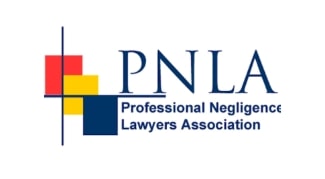
What is family mediation?
In England, family mediation is increasingly recognised as an effective and compassionate approach to resolving conflicts within families. Family mediation provides a platform for family members to discuss and reach mutually agreeable solutions under the guidance of an impartial mediator.
Denise Bullock, Head of Family Law at Lennons Solicitors, explores the concept of family mediation in England, along with its benefits and role in family law.
Family mediation is a voluntary process where an impartial mediator facilitates discussions between family members experiencing conflicts. The mediator’s role is to create a safe environment for open communication, helping participants find common ground and resolve their issues. Family mediation covers a broad spectrum of topics, including divorce, child custody, financial matters, property disputes and inheritance conflicts.
Family mediation significantly reduces the level of conflict and emotional stress that often accompanies traditional legal proceedings. In comparison to protracted court battles, family mediation is a more cost-effective option. Sessions are typically shorter, making it a budget-friendly choice for families seeking resolution.
Mediation sessions are private and the information shared remains confidential. This ensures that sensitive family matters remain protected, preserving the family’s privacy.
The use of mediation empowers participants to actively engage in resolving their conflicts. Instead of a judge making decisions, mediation enables family members to attempt to find mutually acceptable solutions, giving a sense of control over the outcomes. Quick resolutions through mediation enable families to move forward with their lives promptly.
Family mediation places a strong emphasis on finding common ground and maintaining relationships, particularly when children are involved. It helps prevent further damage to family dynamics, facilitating positive co-parenting and family interactions.
In England, the legal framework actively promotes the use of family mediation, whether it’s a divorce, child custody, property disputes or any other family matter.
It is important to note that, in most circumstances, mediators are not legally trained; therefore you should always seek legal advice on the terms of any agreement reached in mediation. In relation to finances within a separation, for example, a memorandum of understanding will be prepared but this is not a legally binding document and the terms of any agreement reached will need to be drafted into the appropriate legal document to correctly reflect the terms reached, this is to ensure that it is legally binding. At Lennons we are able to provide you with support and advice in relation to this.
Denise Bullock is also a member of Resolution. Resolution members follow a code of practice that promotes a constructive approach to family issues and considers the needs of the whole family, in particular the best interests of children. By choosing a Resolution member to act for you in your family dispute, you can be reassured that you will have the benefit of advice from a professional recognised by this gold standard of family law practitioners.















































